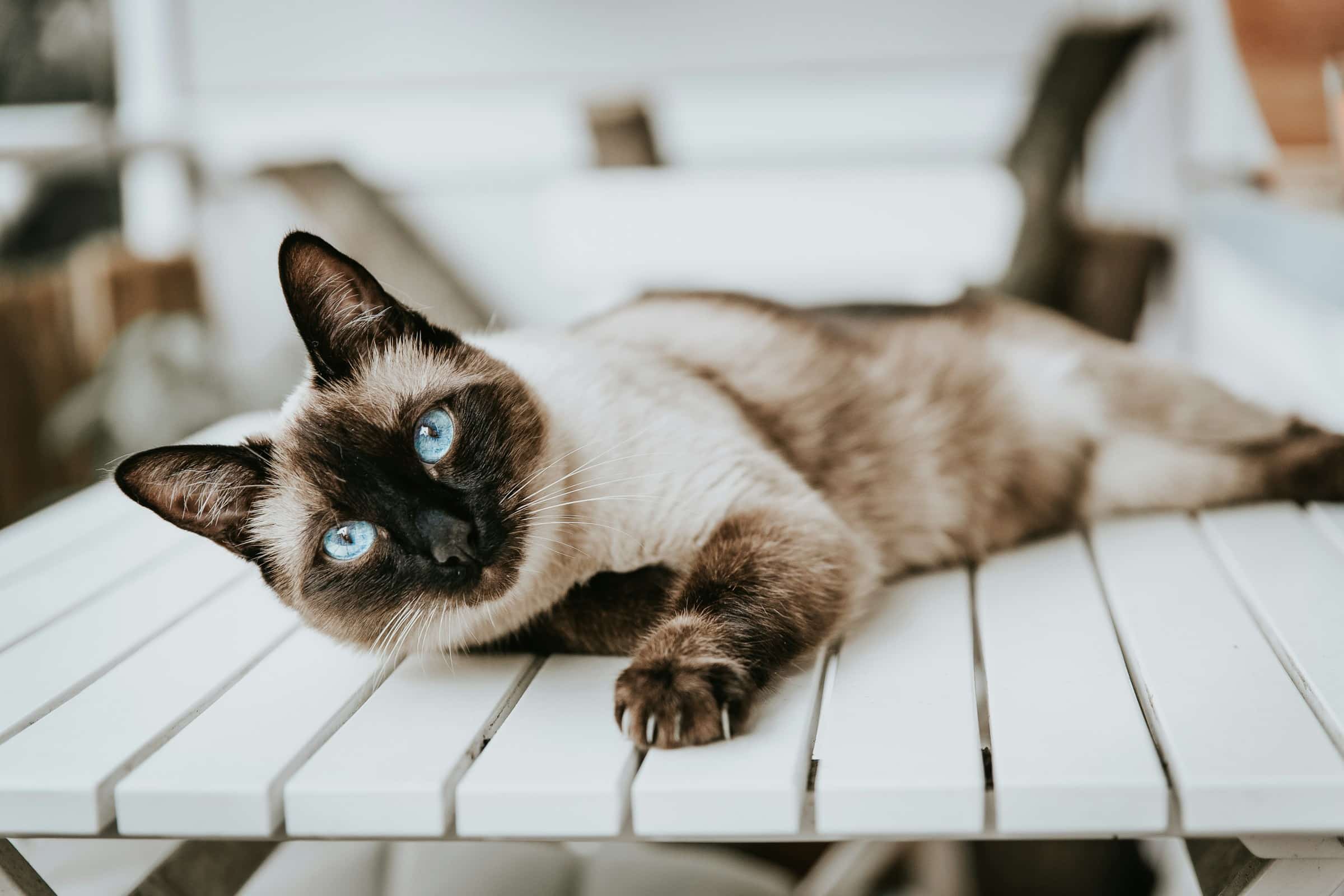Pets are more than just animals. They are our companions, friends, and family members. When a pet passes away, the loss can be devastating not only for the people who were close to it but also for its fellow animal companions. It’s not uncommon for a cat, for instance, to grieve the death of a companion. Grief is not a phenomenon exclusive to humans; animals, too, experience the pain of loss. This article will delve into the signs of a grieving cat and offer techniques to help manage this difficult time.
Recognizing the signs of grief in a cat
Anyone who’s spent time around cats knows they can be highly sensitive and emotional creatures. The loss of a companion can induce a range of behavioral changes in your cat that may signal grief. However, it’s essential to understand that each cat will react differently. Some may show their grief immediately, while others may take some time.
Lire également : How do you train a cat to assist with minor household tasks through positive reinforcement?
Typical signs of grief in a cat include changes in appetite, sleep patterns, and overall behavior. A grieving cat might eat less than usual or not at all. Alternatively, they might overeat as a form of comfort. Changes in sleep patterns are also common. Your cat might sleep more than usual, or, on the contrary, they might have trouble sleeping and become restless.
Behavioral changes can also be a sign of grief. Your cat may become less playful, more distant, or more clingy. They might also engage in unusual behaviors, like excessively grooming themselves or roaming around the house looking for their lost companion. Additionally, they might start meowing or crying more frequently, which can be a sign of stress or loneliness.
Cela peut vous intéresser : What are the best practices for using sound therapy to calm a cat with anxiety?
How to help a grieving cat
The process of helping a grieving cat is similar to how one would comfort a grieving person. It requires patience, empathy, and understanding. Just as with people, there is no specific timeframe for grief; some cats may bounce back quickly, while others may take more time to adjust to the loss.
One of the most effective ways to help a grieving cat is to maintain a routine. Cats, like many other pets, thrive on stability and predictability. Keeping their feeding times, playtimes, and other routines consistent can provide some comfort and help them adjust to the changes in their life.
Giving your cat extra attention and affection can also help them cope with their grief. Be sure to spend quality time with them, pet them more often, and speak to them in a soothing voice. However, be mindful not to smother them with attention, as this could potentially increase their stress levels.
The role of professional help in managing cat grief
In some cases, the grief might be too overwhelming for your cat, and professional help may be necessary. A veterinarian can provide advice, and in severe cases, they may prescribe medication to help manage the cat’s stress and anxiety levels.
Aside from medical intervention, a professional pet grief counselor or a pet bereavement support group can provide further assistance. These professionals are trained to understand animal behavior and can offer advice and techniques to help you and your cat navigate through this painful time.
Introducing a new pet companion
It may be tempting to get a new pet to help your cat move on from their loss. However, this is not always the best solution and should be approached with caution. Introducing a new pet too soon after the death of an old one can be confusing and stressful for your grieving cat.
It’s important to wait until your cat has had sufficient time to grieve and adjust to the changes before considering bringing in a new companion. Only you can assess this based on your cat’s behavior and overall well-being. When you do decide to introduce a new pet, it should be done gradually and with great care, to minimize stress and potential conflict.
Losing a pet companion can be a heart-wrenching experience for all involved. It’s crucial to recognize and respect the grief that a cat may experience and to provide the necessary support. Remember, just as with people, every cat will grieve in their own way and in their own time. Patience, understanding, and empathy are critical during this difficult time.
The Impact of a Pet’s Grief on Mental Health
It’s imperative to acknowledge that a cat’s grief can have significant implications on its overall mental health. This is especially true considering that cats are highly sensitive creatures who form strong bonds with their human and animal companions. The grieving process in cats, much like in humans, can lead to profound emotional distress and changes in behavior.
Symptoms of grief in cats are often both physical and psychological. Beyond the changes in eating, sleeping, and grooming habits already mentioned, a cat may also show signs of depression. This could manifest as a lack of interest in activities they usually enjoy, staying hidden away for extended periods, or exhibiting a general lack of energy.
It’s also worth noting that grief in a cat can lead to physical health issues if not properly addressed. For instance, changes in eating habits can result in weight loss or gain, while excessive grooming can lead to skin irritation or hair loss. Prolonged stress and anxiety can likewise contribute to a weakened immune system, making your cat more susceptible to illnesses.
Different cats handle grief differently, and it’s crucial to respect that. Some cats may bounce back relatively quickly, while others may take several weeks or even months to adjust. However, any marked shift in behavior that persists for an extended period should be a cause for concern. If you’ve noticed such changes in your cat following a loss, it’s worth discussing with a vet or a pet grief counselor who can offer guidance and support.
Conclusion: Navigating the Grieving Process for Your Beloved Pet
Experiencing the loss of a pet is a sorrowful time not just for humans, but also for their animal companions. Recognizing that cats grieve for their lost companions, and understanding the signs of this grief, is the first step towards providing them with the care and support they need during this challenging time.
Helping your cat through the grieving process involves a combination of maintaining routine, offering extra attention and affection, and seeking professional help when necessary. It’s crucial to respect your cat’s individual grieving process and give them the time they need to adjust to their loss.
Introducing a new companion should be considered only once your cat has had sufficient time to grieve and shows signs of moving on from their loss. This transition must be done gradually and with great care, keeping in mind that each cat will react differently to a new animal companion.
Ultimately, patience, empathy, and understanding are of utmost importance when helping your cat navigate the grieving process. By being attentive to your cat’s needs and emotions, you can help them overcome the pain of their loss and eventually find joy and companionship once again. The death of a pet is undoubtedly a challenging experience, but with the right support and approach, it’s one that both humans and cats can weather together.











